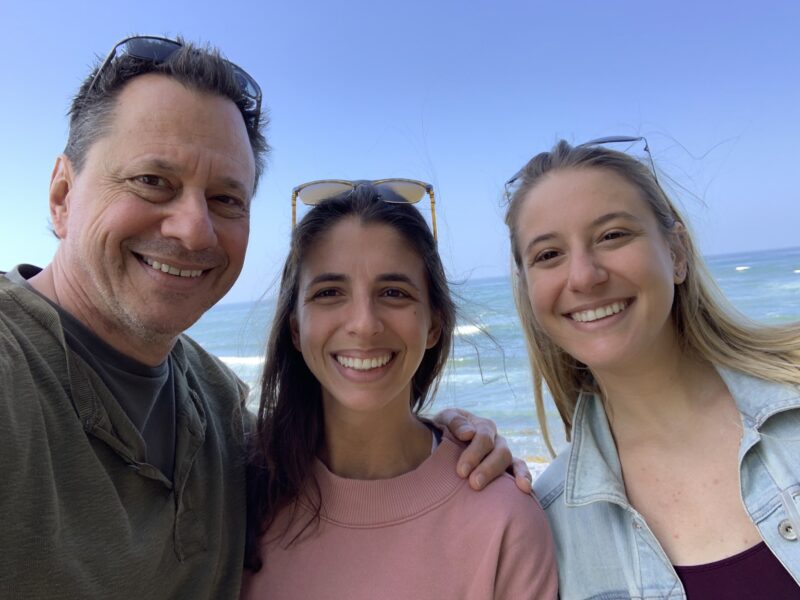
As a proposal writer with decades of experience in the government space, Lou Kerestesy has seen every mistake under the sun.
Proposals say too much about the method and not enough about implementation.
They fail to use the government’s language.
They make claims they don’t demonstrate.
They say things the government can’t evaluate.
“You can go on for sentences and paragraphs about your knowledge of the organization and how important the mission is,” he says. “And it’s all true ⏤ but you’re taking up page space, and if you fail to demonstrate capability to meet a requirement by saying those things, evaluators can’t do anything with it.”
All these faux-pas may lead to a low rating ⏤ and reduce the business’s chance of winning an award, Kerestesy says. After seeing these types of mistakes this summer, he decided to do something about it.
“I had the idea that I could coach someone who’s going through their writing process to get a better result, rather than say the same things after-the-fact in color reviews,” he says.
To say Kerestesy knows proposals is an understatement. He spent decades contributing to, leading and winning proposals and task orders. He once wrote a multiyear, multibillion-dollar proposal the contracting officer described as “breathtaking.” He won the recompete five years later.
Kerestesy wasn’t always a proposal writer, but his first job was in government. In 1985, as a newly minted graduate with a liberal arts degree, he joined Portage County, Ohio, local government, providing residential care services to severely mentally disabled adults.
After five years there, Kerestesy set his sights on the federal government. He landed at the Environmental Protection Agency while in graduate school, where he was tasked with facilitating communication and cultivating relationships between the agency and state and local officials.
Nearly eight years into that role, Kerestesy hung his own shingle and his consulting career took off.
Now, in the midst of launching a proposal writing coaching offer, he’s putting the final touches on a playbook and getting the word out about his new endeavor. And he wants people to understand why coaching works better than other methods.
“Coaching is actually learning while doing,” he says. “That not only produces a better proposal in real time; it also builds business capability. If you hire me to write a proposal, I think I could help you win. But that doesn’t make you any better of a proposal writer or a proposal team. It doesn’t build the organizational capability to do better over time. The coaching and the playbook combine to help proposal teams get better ⏤ without me around.”
And that aspect is especially attractive to smaller or medium-sized consulting companies in the federal space that can’t churn out enough proposals. They’re going to repeat a certain process over and over, so it’s advantageous for them if they get better at it and win more, Kerestesy says.
So, what does better actually mean? What sets a great proposal writer apart from a good one?
According to Kerestesy, it’s knowing how to tell your story.
“Writers and reviewers use that phrase all the time,” he says, “but they don’t do it.”
“It means saying things that help evaluators see your implementation success. Because if they see your success, they see their own. Somebody who could step up to this has a knack for understanding what it means to tell a story. I don’t mean an account of an event. This isn’t creative writing. There are story elements to a proposal, and if you can weave them into your technical and management approaches, you help evaluators see you succeeding in their environment.”
Specifically, Kerestesy says a successful proposal describes what will likely go right in implementation. What could go wrong. How you prevent problems. How you recover quickly from problems to minimize risk. What you track and measure to manage all these things with the client.
“Someone who can earn the government’s highest technical rating will be able to take that kind of experience and write about it in their approach,” he says.
So, as Kerestesy gears up to launch his new business, what’s his call to action for business owners?
“Send me a proposal you’ve submitted, whether it’s been awarded to you or a competitor,” he says. “I will go through it and show you how it could have been improved.”
And for the individual proposal writer?
“If they’re calling me, something probably isn’t going well!” Kerestesy jokes. “But call and tell me what’s not working, and we’ll figure out how to write it better.”

